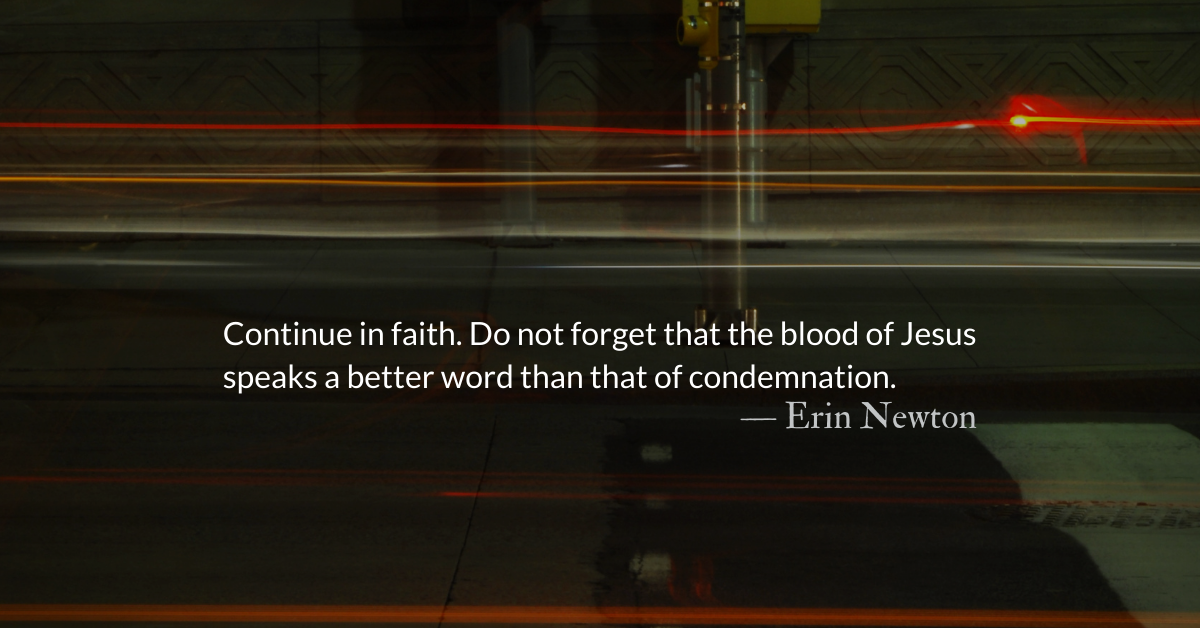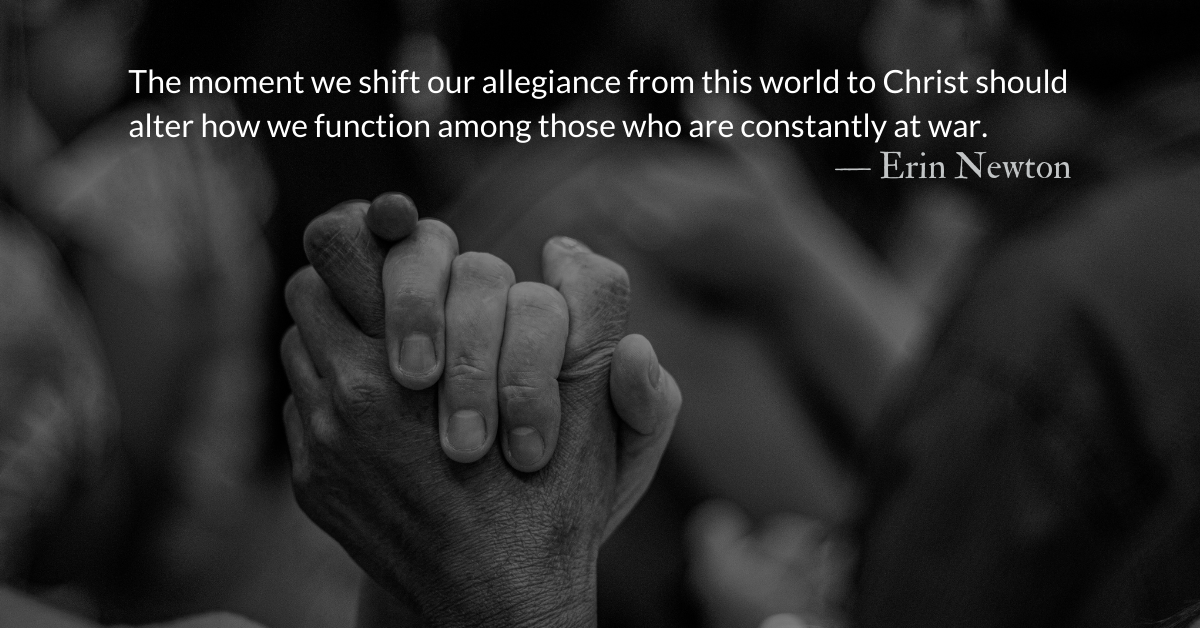Scripture Focus: 2 Samuel 18:33
33 The king was shaken. He went up to the room over the gateway and wept. As he went, he said: “O my son Absalom! My son, my son Absalom! If only I had died instead of you—O Absalom, my son, my son!”
Reflection: Hope for Mercy
By Erin Newton
My mom yelled at us in the backseat, “Stop pestering each other or I will pull over right now!” I didn’t think she was serious, but then I found myself on the side of the road on a hot Texas afternoon. One of the first rules when dealing with children is to never threaten a punishment you are not ready to fulfill. There is the hope for mercy, but punishments usually follow disobedience.
When the prophet Nathan confronted David in 2 Samuel 12, he told the king that the sword would always be upon his family. The judgment unfolded with painful precision. The first son of Bathsheba died. Tamar was sexually abused by Amnon. Absalom killed Amnon as retribution. Lastly, Absalom usurped his father’s throne.
Surprisingly, David desired to protect Absalom. He commanded the men to grant mercy and spare his son’s life. Instead, Joab dispensed merciless judgment and inflicted fatal blows to Absalom’s defenseless body. The news of Absalom’s death brought inconsolable grief to David. Despite the insurrection by Absalom, David wept for his son.
Readers who follow the story of David know to expect a tale of pain and suffering. Judgment was promised. But Nathan also offered a word of mercy, “The Lord has taken away your sin. You are not going to die.” The sweetness of this promise is a small taste of hope amid the judgment proclaimed.
Let me be clear: Not all bad events in life are the judgment of God. However, we daily wrestle with sin and sometimes we fail. Because we are tethered to this world, our sins can bring earthly consequences. I think that is why God gave us a Bible full of mortal failures. It is within the great cloud of witnesses (full of liars, murders, and adulterers) that we see redeemed, yet sinful, servants of God. Despite their errors, it is consistently “by faith” that they persevere through hardship.
There is a glimmer of mercy in the promises of today. Salvation through Jesus Christ: “The Lord has taken away your sin.” Promise of eternal life: “You will not die.” The gospel promises that Jesus has paid the price of our sin and eternal death is not in our future. That is our buoy in the waves of life. Continue in faith. Do not forget that the blood of Jesus speaks a better word than that of condemnation. (Hebrews 12.24)
Divine Hours Prayer: The Refrain for the Morning Lessons
Protect my life and deliver me; let me know be put to shame, for I have trusted in you.
Let integrity and uprightness preserve me, for my hope has been in you. — Psalm 25.19-20
– From The Divine Hours: Prayers for Summertime by Phyllis Tickle.
Today’s Readings
2 Samuel 18 (Listen -6:16)
2 Corinthians 11 (Listen -4:46)
Read more about The Consequence of Carelessness — Readers’ Choice
Israel’s tendency toward neglect would be a festering wound resulting in more errors and consequences.
Read more about Like Father, Like Sons
Sin always sets in motion more sin to follow. Often, the sins of fathers and mothers have lasting effects.











